These are the biggest smartwatch fails and flops of 2022
Ryan Haines / Android Authority
Recent years have passed by in a blur, and 2022 is no exception. It was a year of evolution rather than revolution for most smartwatch players, with nips, tucks, and iterative changes dominating. But despite the many cautious wins firms racked up in 2022, there was no shortage of misses either. Below, we recap some of the most significant moments, products, and news surrounding smartwatches that fell short.
Fitbit’s upgrades are downgrades
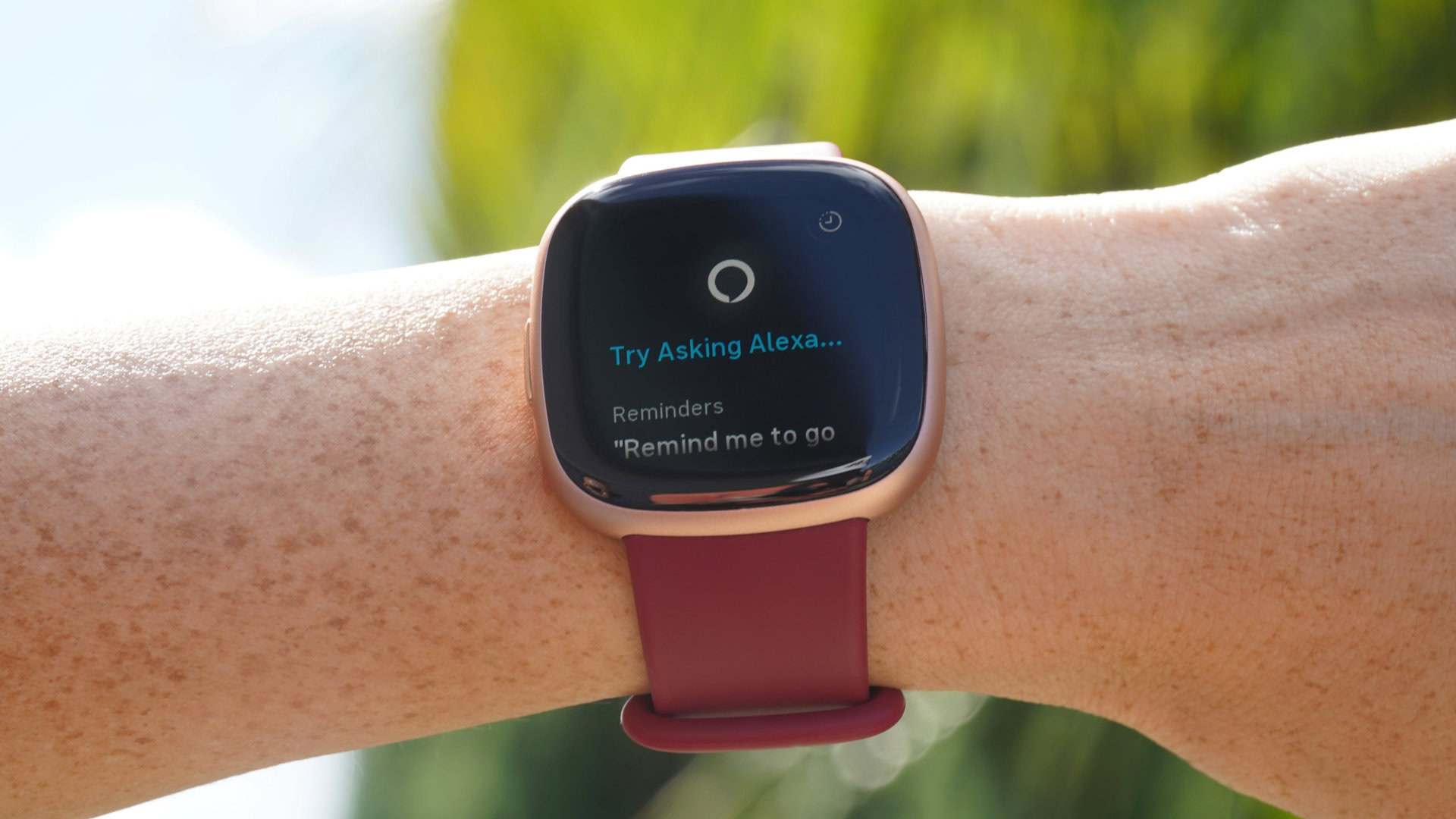
Kaitlyn Cimino / Android Authority
Remember when we said 2022 was a year of iterative changes? Usually, this spell in the release cycle cements already good devices as stellar. After the Fitbit Sense and Fitbit Versa 3, both highly regarded by us as some of the best affordable smartwatches you can buy, we expected Fitbit to push on with the Sense 2 and Versa 4. Boy, were we wrong.
While the Sense 2 gained a slimmer design, a new UI, and a continuous stress monitor, it lost Google Assistant smarts, third-party app support, and practical features that have been part of Fitbit smartwatches for ages. Do you want to change the clock face? You’ll need to use the Fitbit app now. Want to cover the screen with your palm to switch it off? You’ll have to wait for that update. These issues are even more pronounced on the Versa 4, which gains none of the Sense 2’s new fitness tracking smarts.
We expected Fitbit to push on with the Sense 2 and Versa 4. Boy, were we wrong
So why has Fitbit dropped the ball? In October 2022, we welcomed a new smartwatch maker to the segment. Fitbit-owner Google released the Pixel Watch, which launched with the promise of Fitbit health tracking. It stands to reason that the Sense 2 and Versa 4 were nerfed to make the Pixel Watch more enticing, turning the once-strong smartwatch lines into glorified fitness trackers.
What can Fitbit do in 2023? Well, the hardware is there. The Sense 2 feels decidedly more refined than any Fitbit smartwatch before it. But it needs a series of software updates to bring it up to scratch. This isn’t beyond Fitbit’s capabilities, but is it part of its plan?
Google’s first smartwatch falls short
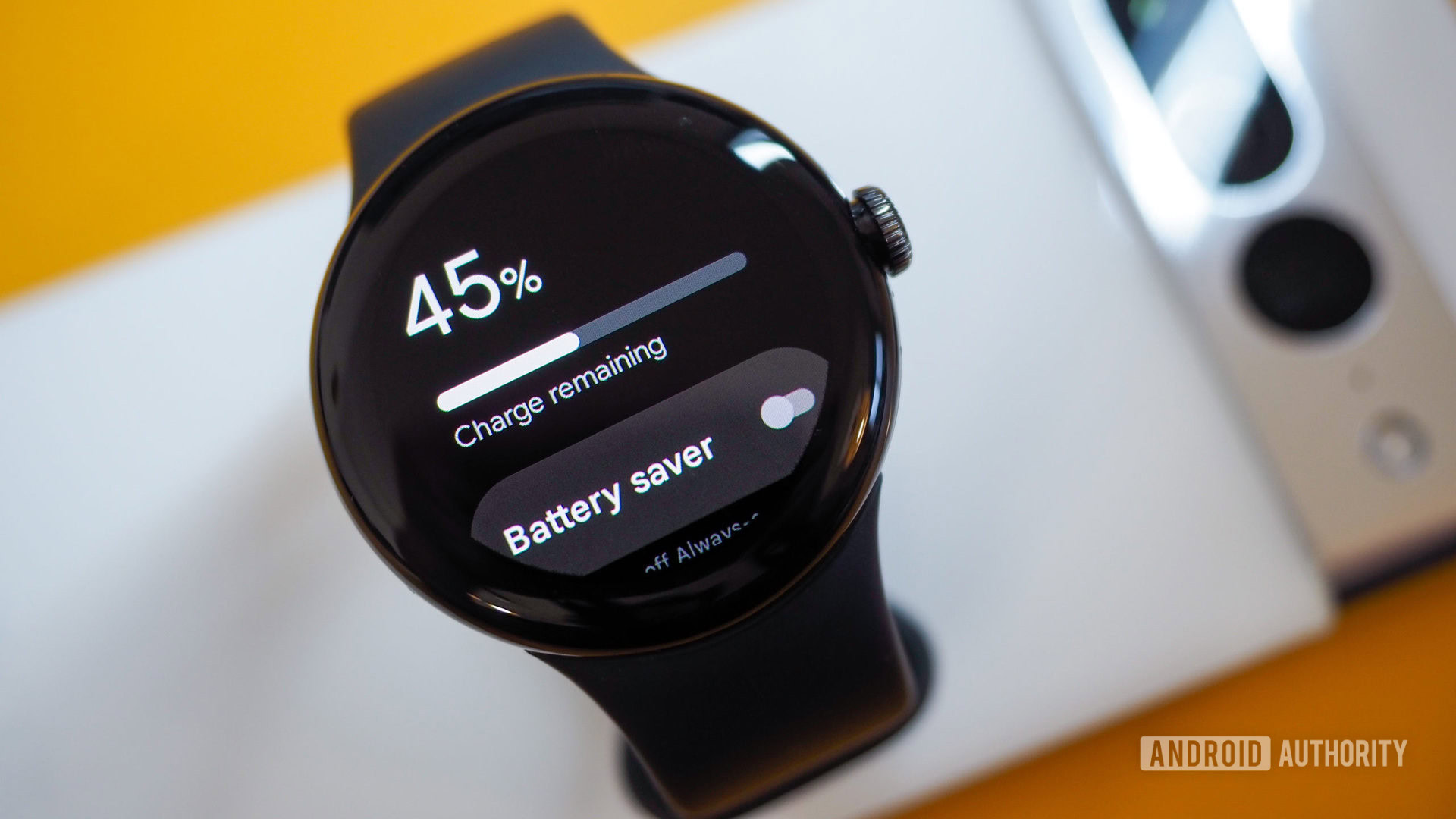
Rita El Khoury / Android Authority
Google’s first smartwatch is among the more divisive devices that launched in 2022. It has plenty of fans, and for a good reason — it has oodles of promise and polish for a first-generation product. However, the Pixel Watch fell well short of the hype Google garnered before its release.
As detailed in our review, battery life is well below par for the first few days. After setup, it barely lasts a day on a single charge. Picking when to place your watch on its cradle becomes a regular calendar event. Oddly, Google also opted to use a Samsung chipset from 2019 to power its 2022 smartwatch. You wouldn’t say this is a problem when using it — the watch provides the smoothest Wear OS experience we’ve had to date. But, for $349, you’d expect more than three-year-old silicon in your flagship device.
Google’s first smartwatch is among the more divisive devices that launched in 2022
Despite its buttery performance, Wear OS on the Pixel Watch still lacks several creature comforts. There’s no automatic bedtime mode or automatic workout tracking, a feature that fitness trackers first introduced nearly a decade ago. Unlike Wear OS 2 watches, there’s no way to sync Android phone alarms to the watch. The Pixel Watch app also disappoints compared to Samsung’s powerful Wearables companion app, while the Fitbit experience still misses several features.
How can Google solve these issues in 2023? It’s unlikely that the Pixel Watch’s battery life can be improved by software, but the company now has something to aspire to with the sequel. The fact that Samsung and Apple are aiming for better battery endurance on their wearables gives us hope that Google will have to follow along. Google is also remedying the many missing software features through regular updates, so it’s well on its way there.
The Pixel Watch is by no means the biggest smartwatch fail of 2022, but it’s not the industry’s new high mark either.
Samsung’s one missed step
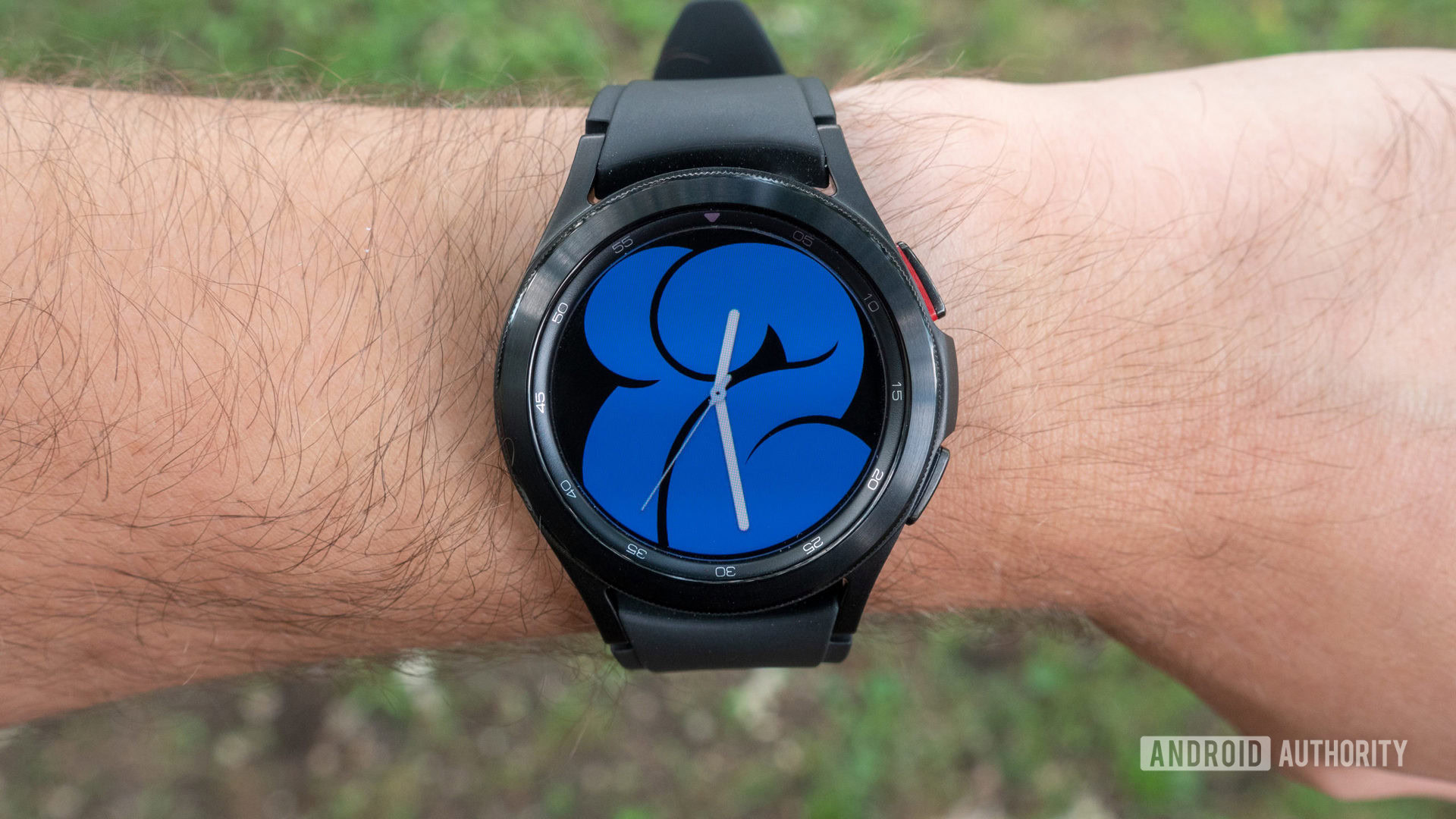
Jimmy Westenberg / Android Authority
Samsung Galaxy Watch 4 Classic
Samsung is not exempt from this list. Thanks to its long list of reliable smartwatches, we hold its wearables in high regard. The Galaxy Watch 5 series was yet another hit. Iterative change to the base model made for an improved fit, a stronger body, and more comfortable wear. The Galaxy Watch 5 Pro is a step in the right direction for those craving a longer-lasting outdoor wearable. However, we still can’t help but think that Samsung missed a trick with the lineup.
Unlike the Galaxy Watch 4 series, there was no Classic model on offer this time around. More importantly, there was no model with a physical rotating bezel. We’re big fans of the rotating bezel, and it made navigating the Galaxy Watch 4 Classic’s interface a pleasure. The touch bezel isn’t equivalent. Cycling through menus is a hit-and-miss affair and an unrewarding learning curve.
You can still buy a Samsung smartwatch with a rotating bezel, but that means settling for an older model
How can Samsung fix this in 2023? We’d love to see a rotating bezel on the next Galaxy Watch Pro model. The value it adds to UI navigation outweighs any problems it may introduce. It may even add additional protection to the Galaxy Watch Pro if titanium is used again.
You can still purchase the Galaxy Watch 4 Classic if you want a Wear OS watch with a rotating bezel, but that means settling for older hardware and features.
Fossil’s Wear OS upgrade underwhelms
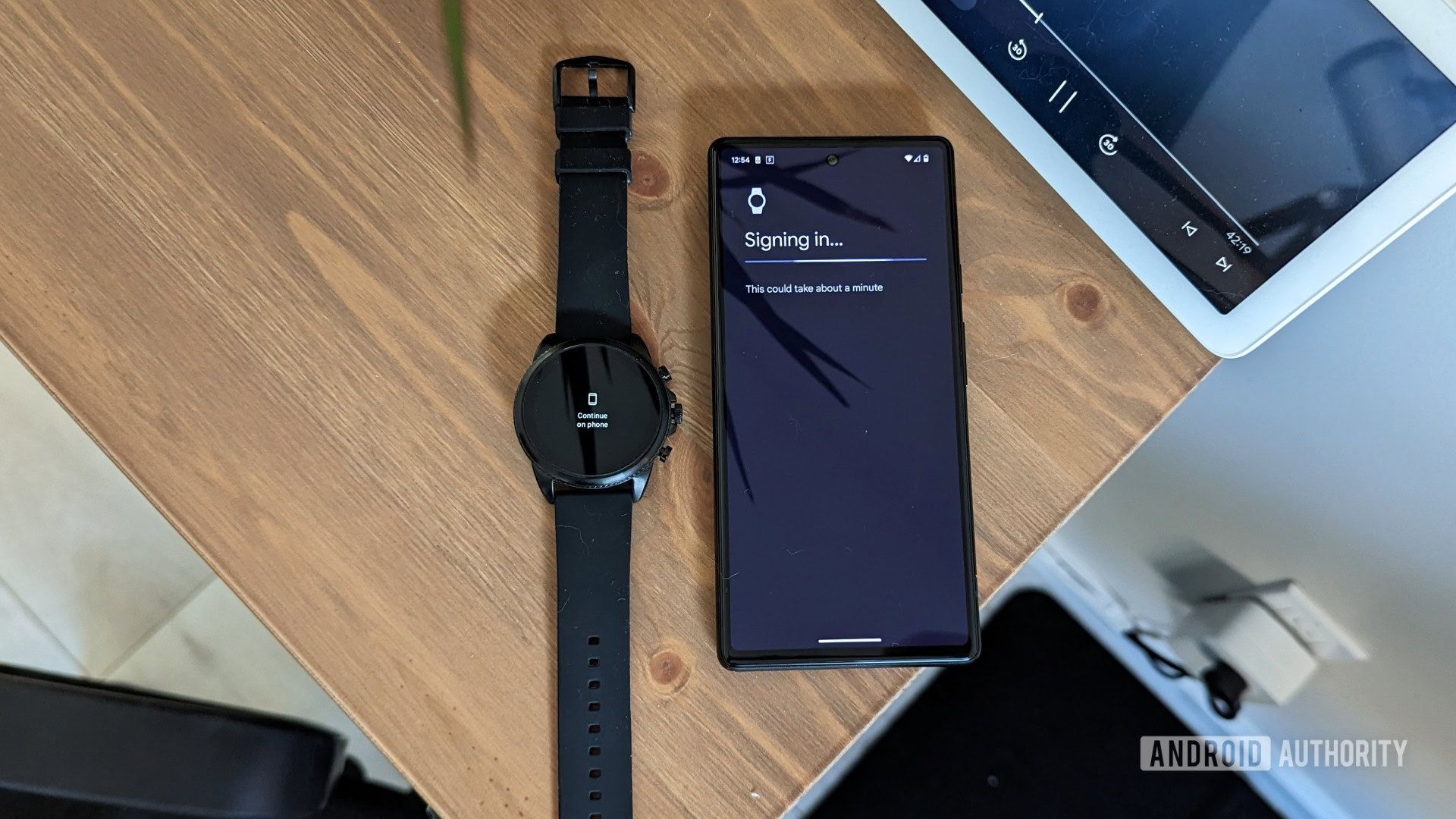
C. Scott Brown / Android Authority
Fossil Gen 6 owners spent much of 2022 waiting for the significant Wear OS 3 upgrade. After months of little to no announcements, Fossil finally pushed through the latest version of the operating system to users’ devices in October 2022. However, the software revision was not the breathtaking experience many had expected.
Wear OS 3 running on Gen 6 hardware had, and still has, plenty of issues. For one, the Gen 6 isn’t using the latest Wear OS version used by Samsung and Google but settles for a prior release. This is reportedly due to its Qualcomm chipset. As a result, the update lacks Google Assistant support, while Google Wallet doesn’t work for iPhone users. Additionally, the update would effectively factory reset devices, which makes upgrading a risk for novice users.
Wear OS 3 running on Gen 6 hardware had, and still has, plenty of issues
To be entirely fair to Fossil, most of these issues were out of the company’s control. It also provided owners with a detailed, frills-free explanation of the missing features and update process before issuing it. But that doesn’t matter for users who expect most (if not all) of the features of Wear OS 3 to be ready when the update comes around, especially after the long wait.
How can Fossil remedy this? Well, it has already begun improving the software experience on its Gen 6 platform. Users have noted that the OS is buttery smooth on the wearables, while battery life isn’t affected much. We expect the wearable to only get better from here, which fills us with plenty of excitement for the Fossil Gen 7 when it eventually debuts.
Xiaomi’s app identity crisis continues
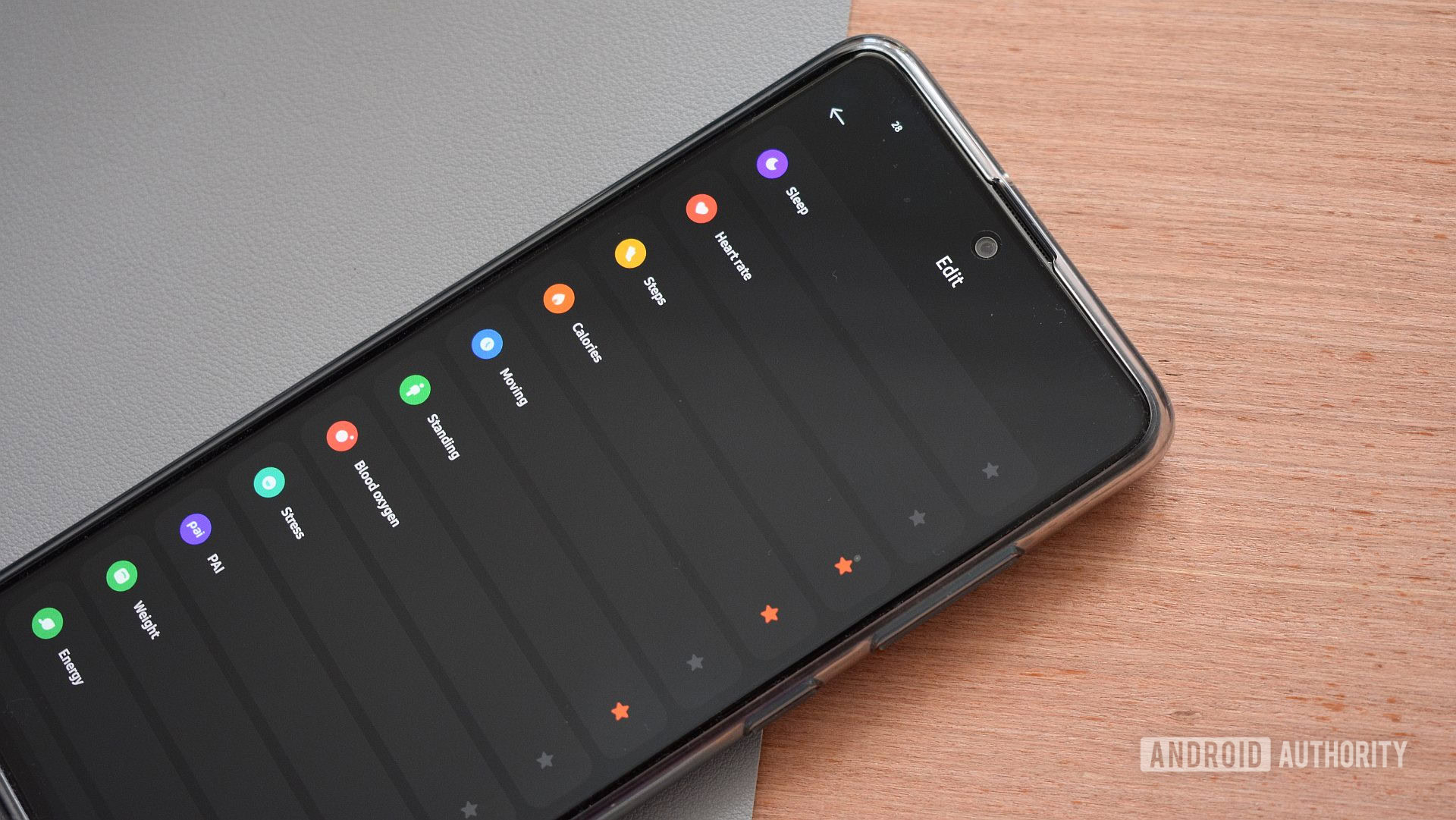
Andy Walker / Android Authority
Mi Fitness (formerly Xiaomi Wear)
We’re fond of Xiaomi’s wearable hardware, with the Mi Band line continuously featuring on our best budget fitness band list. Xiaomi has this formula nailed down, but software is another story. Earlier this year, Xiaomi rebranded the two apps that support the Mi Band line and its other smartwatches. Mi Fit became Zepp Life (Play Store), and Xiaomi Wear became Mi Fitness (Play Store). However, a rebrand is not what the app situation needed.
Whichever way you slice it, the app situation is more confusing than it needs to be for Xiaomi users
I’ll admit, the redesigns make both apps more user-friendly. But app usability was never the biggest issue; picking the right app is. Both have compromises that aren’t readily apparent. Zepp Life is the only one of the two that syncs with Google Fit, while Mi Fitness syncs with Strava and is currently the only app you can use with the Smart Band 7 Pro. Transferring data between the two platforms isn’t simple, either. Whichever way you slice it, the app situation is more confusing than it needs to be for Xiaomi users.
So what is the solution? Ideally, Xiaomi needs one app for its wearables, bringing it in line with Garmin and Fitbit, but developing a new app without addressing the current fragmentation issues could introduce additional problems. We’d love to hear your solution, and we imagine Xiaomi would too.
Honorable mentions
There are a few other smartwatch failure stories from 2022 worth mentioning. Have a look at our quick-fire (dis)honorable mentions below.
- Fitbit recalls its first real smartwatch: Fitbit initiated a worldwide voluntary recall of the Ionic in March 2022. The company had received more than 100 overheating reports in the US with 78 of these instances causing injury.
- Meta halts its smartwatch development: In November 2022, Meta announced mass layoffs of some 11,000 employees, thus shuttering its Portal and smartwatch projects. And yes, apparently Meta was working on a wearable.
- $1,200 for what? The Montblanc Summit 3 was among the first wearables after Galaxy Watches to launch with Wear OS 3. You have to give it applause for that, at least. However, its meager abilities and feature set couldn’t match its very, very lofty price tag.
What was the biggest smartwatch failure of 2022?
0 votes
For all the latest Technology News Click Here
For the latest news and updates, follow us on Google News.
